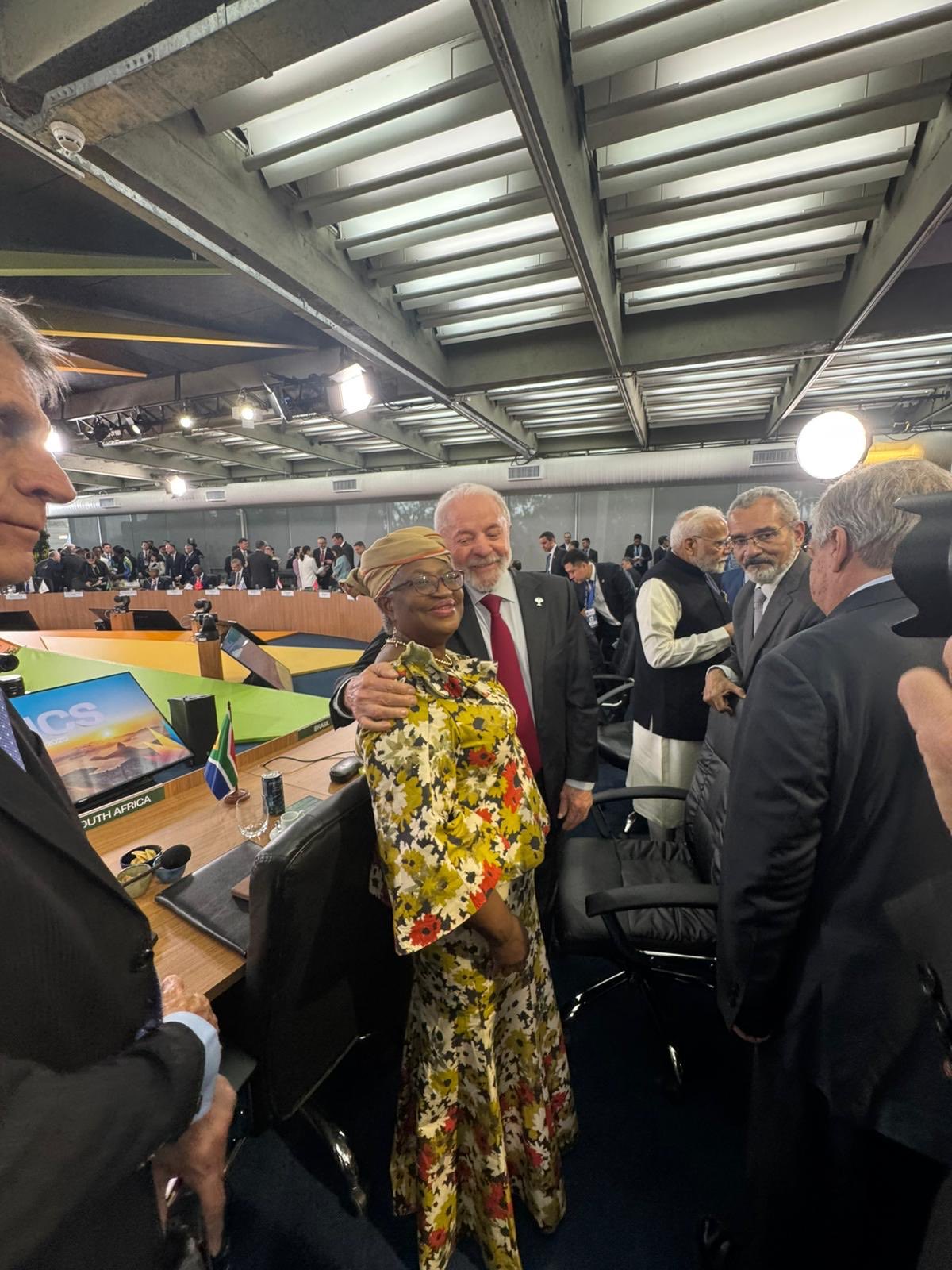7 July 2025, Rio de Janeiro – US President Donald Trump has announced a new trade policy targeting countries aligned with the BRICS bloc, threatening an additional 10% tariff on their exports to the United States. The statement, posted on Truth Social, comes as BRICS leaders gather for a summit in Rio de Janeiro, Brazil, and follows a delay in the US tariff implementation deadline from 9 July to 1 August.
Trump’s post declared, “Any country aligning themselves with the Anti-American policies of BRICS, will be charged an ADDITIONAL 10% tariff. There will be no exceptions to this policy.” The president did not specify what constitutes “Anti-American policies,” leaving ambiguity about how the US will assess alignment with BRICS, a group comprising Brazil, Russia, India, China, South Africa, and newer members Egypt, Ethiopia, Indonesia, Iran, Saudi Arabia, and the United Arab Emirates.
The announcement coincides with a BRICS summit where leaders issued a joint statement criticising unilateral tariffs as a threat to global trade, implicitly targeting US policies. The statement warned that such measures “distort trade and are inconsistent with WTO rules,” highlighting risks to the global economy. BRICS nations, representing over half the world’s population and 40% of its economic output, also called for reforms to global institutions like the International Monetary Fund.
This latest tariff threat follows Trump’s earlier pledge in 2024 to impose 100% tariffs on BRICS countries if they pursued a currency to rival the US dollar. The current 10% tariff proposal appears to be a response to BRICS’ growing economic influence and their critique of US trade measures. Stephen Olson, a former US trade negotiator, suggested Trump’s reference to “Anti-American policies” might reflect BRICS’ push to reduce reliance on a US-led global financial system.
The US had initially set a 9 July deadline for countries to negotiate trade deals to avoid steep tariffs announced in April, dubbed “Liberation Day” by Trump. These tariffs, aimed at boosting American manufacturing, were paused for 90 days to allow talks. US Treasury Secretary Scott Bessent confirmed the new 1 August deadline, stating that letters detailing country-specific tariff rates would be sent to trading partners starting Monday. So far, only the UK and Vietnam have secured trade agreements, though a dispute over UK steel taxes remains unresolved.
At the BRICS summit, Brazilian President Luiz Inacio Lula da Silva likened the bloc to the Cold War’s Non-Aligned Movement, emphasising its role in resisting a polarised global order. The group also condemned recent US and Israeli military strikes on Iran, calling them violations of international law, and discussed initiatives like a BRICS Multilateral Guarantees scheme to boost investment.
China, a BRICS founding member, responded sharply to Trump’s tariff threat. A Chinese foreign ministry spokesperson, speaking at a Monday briefing, condemned the use of tariffs as “a tool to coerce others,” arguing that “arbitrarily slapping tariffs does not serve the interests of any party.” Andrew Wilson, deputy secretary general of the International Chambers of Commerce, told the BBC that decoupling from China, a dominant producer of electric vehicles, batteries, and rare earths, would be “far more difficult to achieve in practice.”






